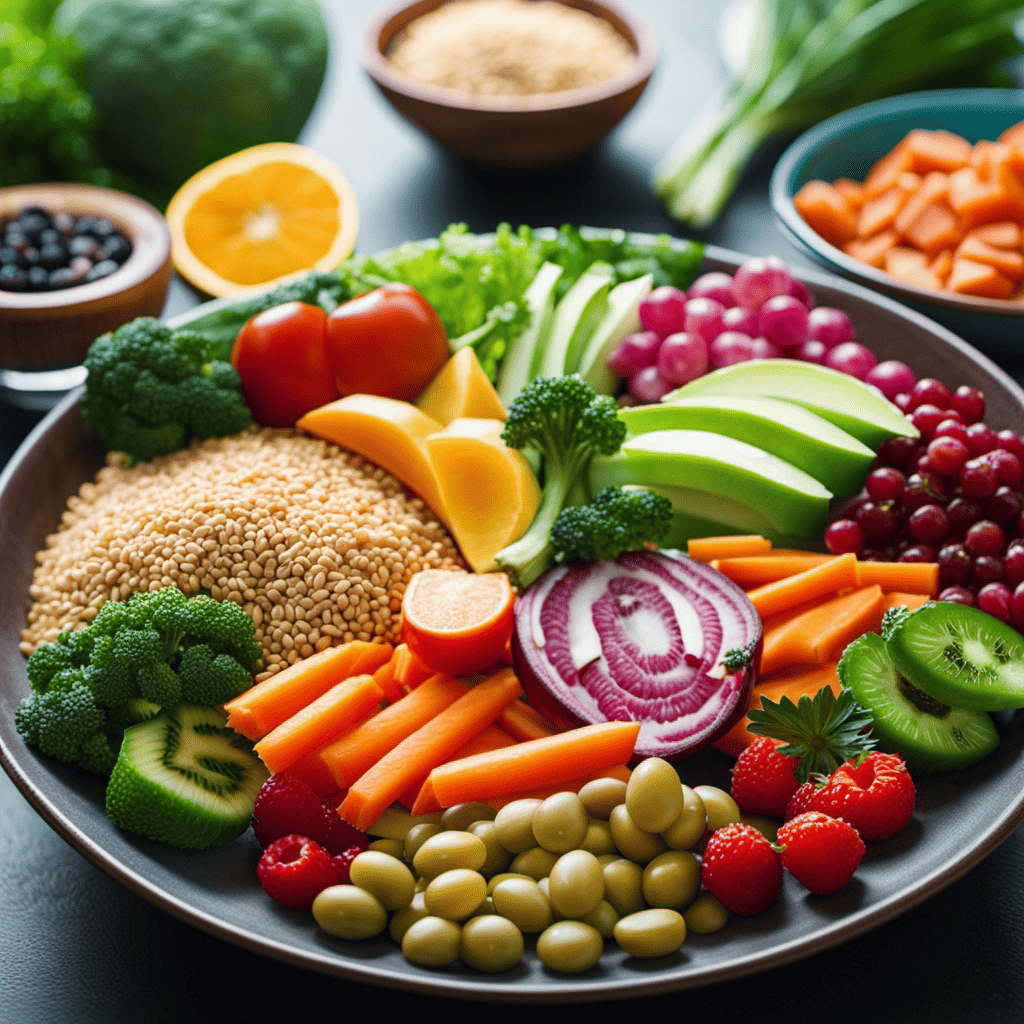How do you fuel your fitness journey with precision? You need a strategic approach to nutrition that balances macronutrients, times meals correctly, and supports your specific goals. This guide breaks down the 2026 fundamentals.
🔑 Key Takeaways
- Master the 3 Macronutrients: Protein builds muscle, carbs fuel workouts, and fats support hormone function.
- Time Your Fuel: Eat a balanced meal 1-3 hours pre-workout and a protein + carb snack within 60 minutes post-workout for optimal recovery.
- Hydration is Non-Negotiable: Dehydration can reduce strength by up to 10% and impair cognitive function during exercise.
- Calculate Your Needs: Use a TDEE calculator as a starting point, then adjust based on your goal: muscle gain, fat loss, or maintenance.
- Supplements are Support, Not Substitutes: Creatine monohydrate and whey protein can enhance results but work best with a whole-food foundation.
The Importance of Proper Nutrition for Your Fitness Journey
Nutrition is your body’s operating system. Without the right fuel, your performance, recovery, and results plateau.
Hydration is your first priority. A 2% drop in body weight from fluid loss can significantly impair strength and endurance. Drink water consistently throughout the day, not just during workouts.
Meal timing creates a performance advantage. A pre-workout meal provides immediate energy. A post-workout meal initiates repair. Consuming protein and carbohydrates within the “anabolic window” (30-60 minutes post-exercise) accelerates glycogen replenishment and muscle protein synthesis.
This precision turns eating from a passive act into an active recovery tool.
Understanding Macronutrients: Protein, Carbohydrates, and Fats

Macronutrients are the building blocks of your diet. Each has a specific, non-negotiable role.
- Protein: Essential for muscle repair and growth. Aim for 1.6 to 2.2 grams per kilogram of body weight daily if you’re training regularly. Sources: chicken breast, lean beef, fish, eggs, lentils, and a quality whey or plant-based protein powder.
- Carbohydrates: Your primary energy source. They fuel high-intensity training and replenish muscle glycogen. Prioritize complex carbs like sweet potatoes, oats, quinoa, and brown rice for sustained energy.
- Fats: Critical for hormone production (like testosterone), vitamin absorption, and joint health. Focus on monounsaturated and polyunsaturated fats from avocados, nuts, seeds, and olive oil.
Micronutrients (vitamins and minerals) from fruits and vegetables support the metabolic processes that turn these macronutrients into energy and new tissue.
Balancing Your Caloric Intake for Optimal Performance
Calories determine your energy balance. Use your Total Daily Energy Expenditure (TDEE) as your baseline.
| Caloric Deficit | Nutrient Timing |
|---|---|
| Consuming fewer calories than you expend can help create a caloric deficit, leading to weight loss. However, it’s important to maintain a balanced approach and ensure adequate nutrition. | Nutrient timing refers to strategically consuming specific nutrients at certain times to optimize performance and recovery. For example, consuming carbohydrates before a workout can provide energy, while protein after a workout promotes muscle repair and growth. |
Track your intake with an app like MyFitnessPal or Cronometer for 1-2 weeks. Adjust based on your weekly progress, not daily scale fluctuations. A 300-500 calorie deficit or surplus is sustainable for most individuals. Extreme restriction kills performance and metabolism.
Pre-Workout and Post-Workout Nutrition Strategies

Strategic fueling around your workout maximizes effort and minimizes downtime.
- Pre-Workout (1-3 hours before): A balanced meal of complex carbs and lean protein. Example: grilled chicken with quinoa and roasted vegetables. For early morning sessions, a smaller snack like a banana with almond butter 30 minutes prior works.
- Post-Workout (within 60 minutes): A 3:1 or 2:1 ratio of carbs to protein to kickstart recovery. Example: a protein shake with a banana, or Greek yogurt with berries and honey. This combo replenishes glycogen and provides amino acids for repair.
- Hydration: Drink 500ml of water 2 hours before training, and sip 200-300ml every 15-20 minutes during exercise. Add electrolytes for sessions lasting over 60 minutes.
Supplementation: Enhancing Your Fitness Results With Precision
Supplements fill gaps; they don’t replace a poor diet. Efficacy depends on proper use.
Creatine monohydrate is the most researched performance supplement. It increases phosphocreatine stores in muscles, boosting strength and power output in activities like weightlifting and sprinting. A standard protocol is a 5-gram daily dose, with timing being less critical than consistency.
Whey protein is convenient for hitting daily protein targets, especially post-workout. Branched-Chain Amino Acids (BCAAs) may help reduce muscle soreness during prolonged training.
Always choose supplements third-party tested by organizations like NSF Sport or Informed-Sport. Consult a dietitian or doctor before starting any new regimen, especially if you have pre-existing conditions.
❓ Frequently Asked Questions
How many meals should I eat per day for fitness?
Meal frequency is personal. Aim for 3-5 balanced meals/snacks to distribute protein and energy evenly. The 2026 consensus prioritizes total daily nutrient intake over strict meal timing for body composition.
Can I build muscle without tracking macros?
Yes, but it’s less precise. You can succeed by prioritizing protein at each meal, eating until satisfied, and adjusting portion sizes based on progress. Tracking accelerates results by removing guesswork.
What are signs of poor sports nutrition?
Chronic fatigue, poor workout recovery, frequent illness, performance plateaus, and irritability. These often indicate inadequate calories, protein, carbohydrates, or micronutrients like iron and vitamin D.
Are protein shakes necessary?
No. You can get enough protein from whole foods like chicken, fish, eggs, and legumes. Shakes offer convenience and fast absorption post-workout, making them a useful tool, not a requirement.
How do I choose the right supplements?
First, dial in your diet and training. Then, identify a specific need (e.g., more protein, better endurance). Research evidence-based supplements like creatine. Start with one, assess its effect for 4-6 weeks, and choose third-party certified brands.
Conclusion
Precision nutrition is the multiplier for your fitness results. It starts with mastering the basics: calculating your caloric needs, balancing your protein, carbs, and fats, and timing your meals to support your training.
Your next step is to audit your current diet for one week. Track your food, note your energy levels, and assess your recovery. Identify one gap—whether it’s protein intake, hydration, or pre-workout fuel—and systematically improve it.
This is not a temporary diet. It’s the operational manual for a high-performance body. Apply these principles consistently, and you transform eating from guesswork into a guaranteed result.
References
- International Society of Sports Nutrition Position Stand: protein and exercise – Journal of the International Society of Sports Nutrition
- Dietary Reference Intakes for Energy, Carbohydrate, Fiber, Fat, Fatty Acids, Cholesterol, Protein, and Amino Acids – National Academies Press
- Protein Intake for Optimal Muscle Maintenance – American College of Sports Medicine
- Nutrition Timing: The Future of Sports Nutrition – NSCA
- Creatine – Office of Dietary Supplements, NIH
